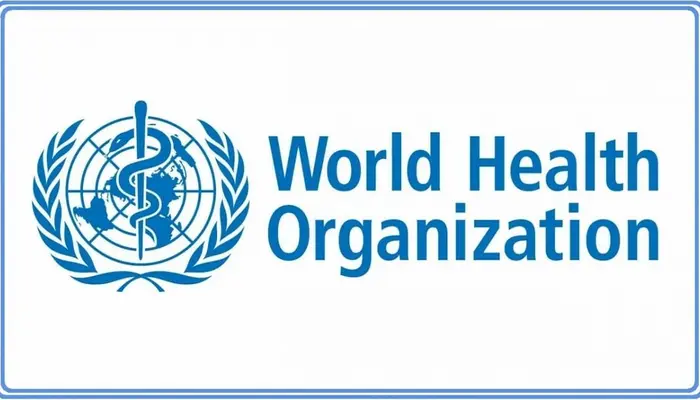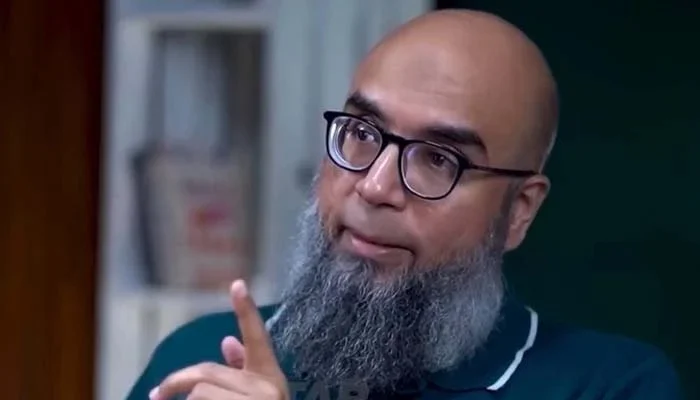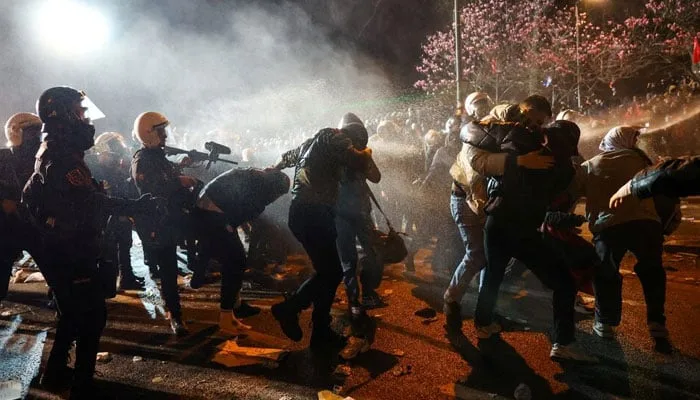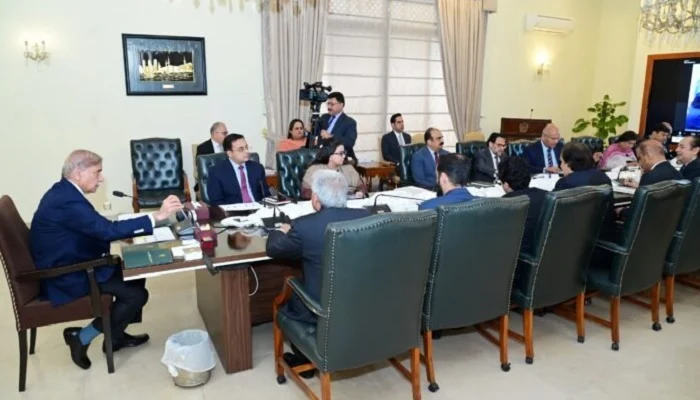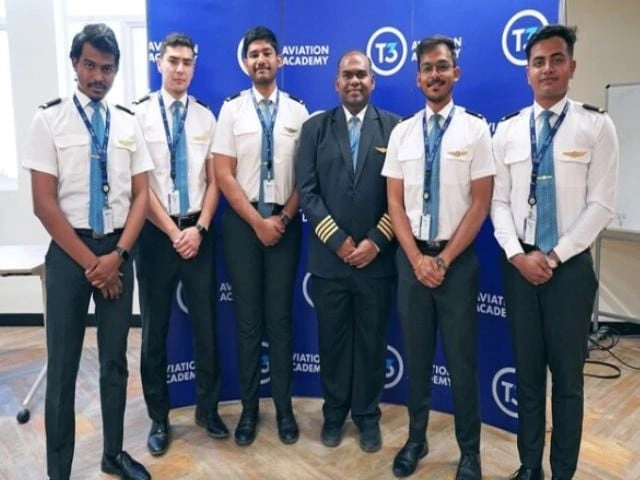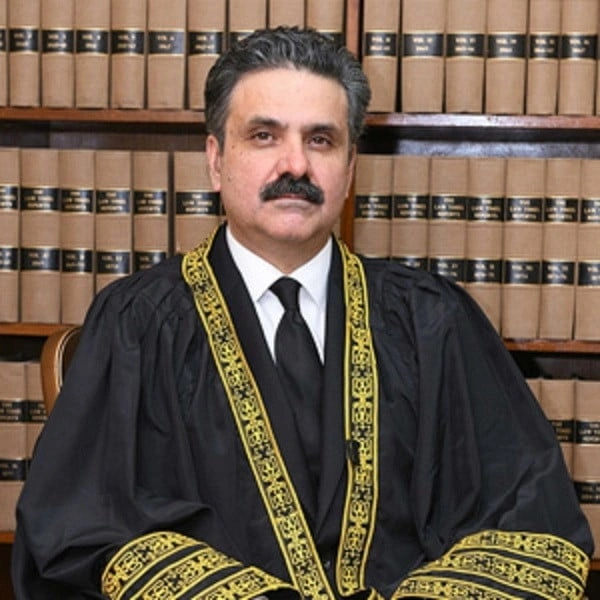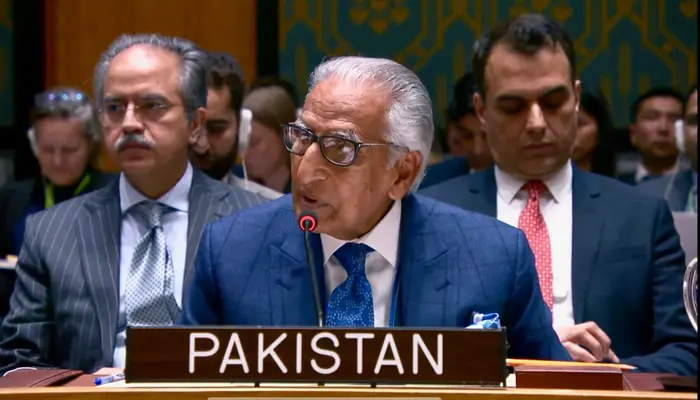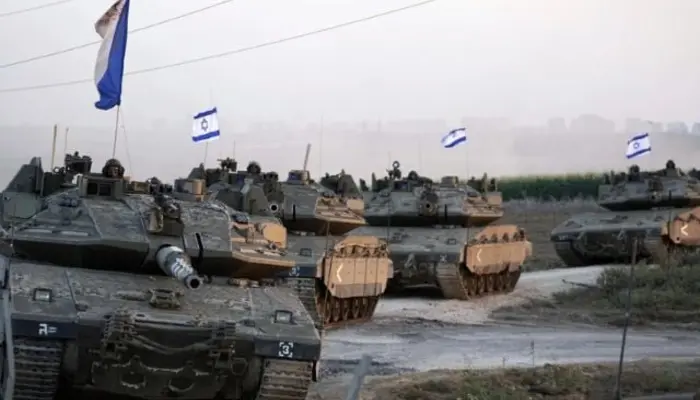British Surgeon Describes Treating Drone-Attacked Children in Gaza
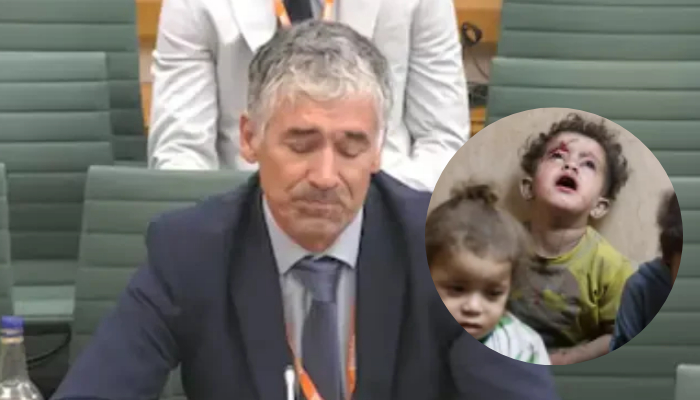
British surgeon Nizam Mamode shared disturbing experiences from his recent volunteer work at Gaza’s Nasser Hospital. Testifying before a UK parliamentary committee, he described the harrowing impact of drone warfare on Palestinian civilians, particularly children. His testimony offered a rare insight into the daily horrors faced by Gaza’s medical teams and the extreme conditions endured by its residents.
Mamode described the unrelenting presence of drones in Gaza, emphasizing their psychological toll. “You have this constant whine,” he told the UK’s International Development Committee. “It represents danger, and it’s constantly there.” According to British surgeon, these drones serve dual purposes: surveillance and targeted attacks. He shared chilling details of drones firing upon civilians, even after initial bombings.
“What I found particularly disturbing was that a bomb would drop, maybe on a crowded area, and then the drones would ‘pick off’ civilians,” he said. Mamode recalled removing small, cuboid-shaped bullets from children’s abdomens, a horrifying experience that underscored the indiscriminate targeting of vulnerable populations.
Israel’s Ambassador Faces Scrutiny Over Gaza Comments
Mamode’s testimony included criticisms of Israeli Ambassador Danny Danon’s recent remarks at the United Nations Security Council (UNSC). According to Mamode, Danon’s comments gave an inaccurate portrayal of Gaza’s living conditions. “If you were to listen to Danon, you would think everyone in Gaza has all the food they could possibly need. Clearly, that is not the case,” he remarked.
Mamode pointed to the US-backed independent Famine Review Committee, which focuses solely on food insecurity. “They’re not a political organisation, and they don’t necessarily have a bias,” he added, countering Danon’s accusations against the committee.
Palestinian Envoy Demands International Journalists in Gaza
The Palestinian envoy to the UNSC questioned Israel’s refusal to allow international journalists into Gaza. He argued that open reporting could provide the world a clearer view of the crisis. According to the envoy, Israel’s policies aim to enforce famine as a weapon of war, advancing ethnic cleansing and colonial objectives.
Leon Bridges Celebrates Fort Worth Roots with New Album, Leon
International Outcry for Action
The humanitarian crisis in Gaza has drawn condemnation from several UNSC members, including Slovenia and Guyana. Slovenian Ambassador Samuel Zogbar shared heartbreaking accounts of starving children, stating, “Stories of children in Gaza unable to cry due to hunger should force us to act now.” He urged the council to respond to this humanitarian disaster without delay.
Guyana’s Ambassador Carolyn Rodrigues-Birkett described the Gaza situation as “apocalyptic,” attributing it to ongoing violations of international humanitarian law. Both ambassadors criticized the UNSC’s failure to act, calling for immediate intervention to prevent further suffering.
Gaza’s Desolation Compared to Hiroshima
Mamode recounted his journey through Gaza upon arrival, describing scenes reminiscent of Hiroshima and Nagasaki. “Buildings reduced to rubble for miles around as far as you can see, nothing growing, no people,” he said. The devastation spanned about 20 minutes of travel, leading to a tent city housing 1.3 million displaced residents.
Mamode illustrated the dire living conditions of Gaza’s people, lacking basic amenities such as water, sanitation, and electricity. Families frequently move from place to place with minimal possessions, attempting to survive amidst destruction. “Most people have moved six or seven times,” he shared, depicting the scale of displacement and the lack of stability for civilians in Gaza.
Follow Day News on Google News, Instagram, YouTube, Facebook, Whats App, and TikTok for latest updates



